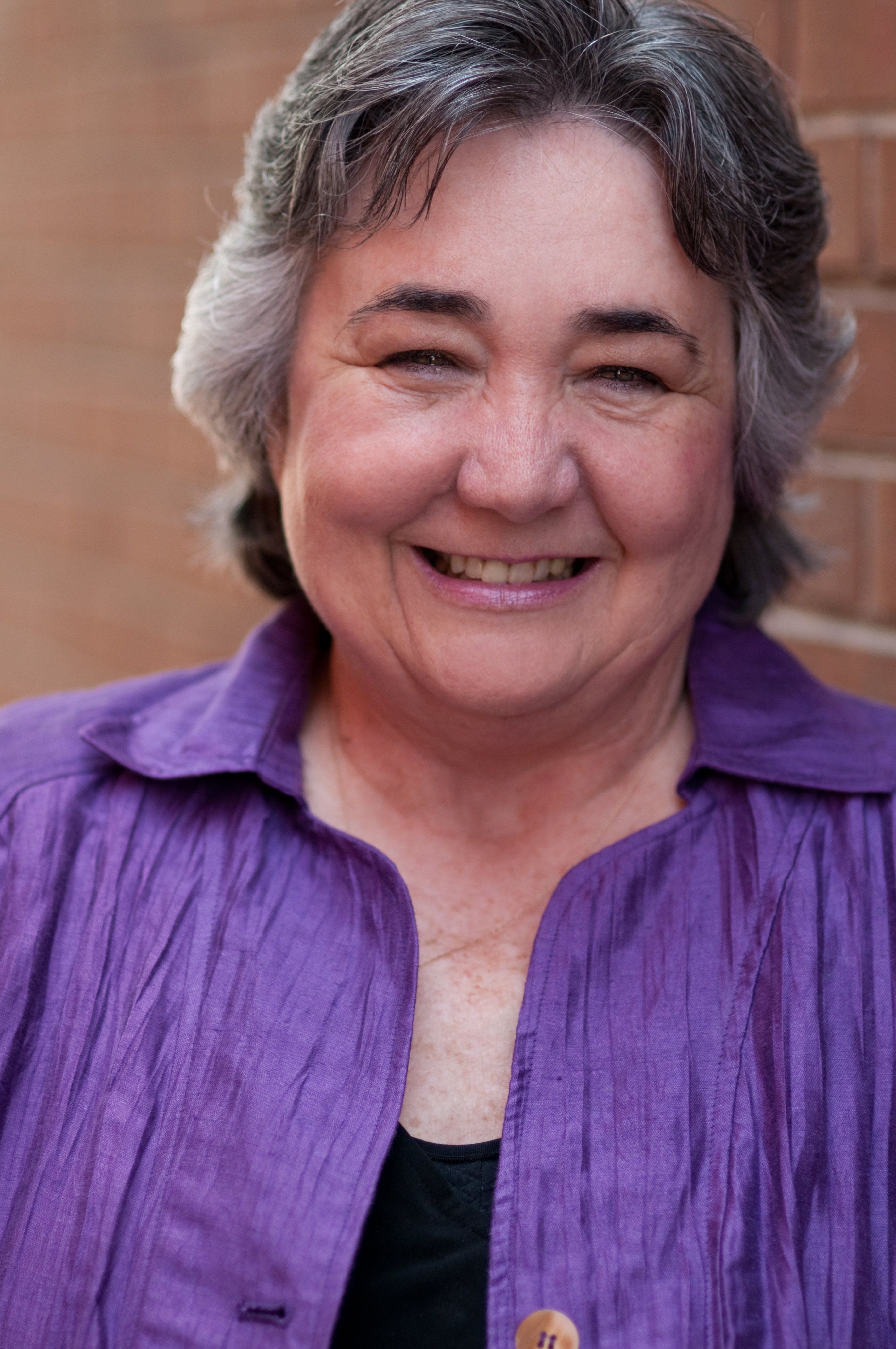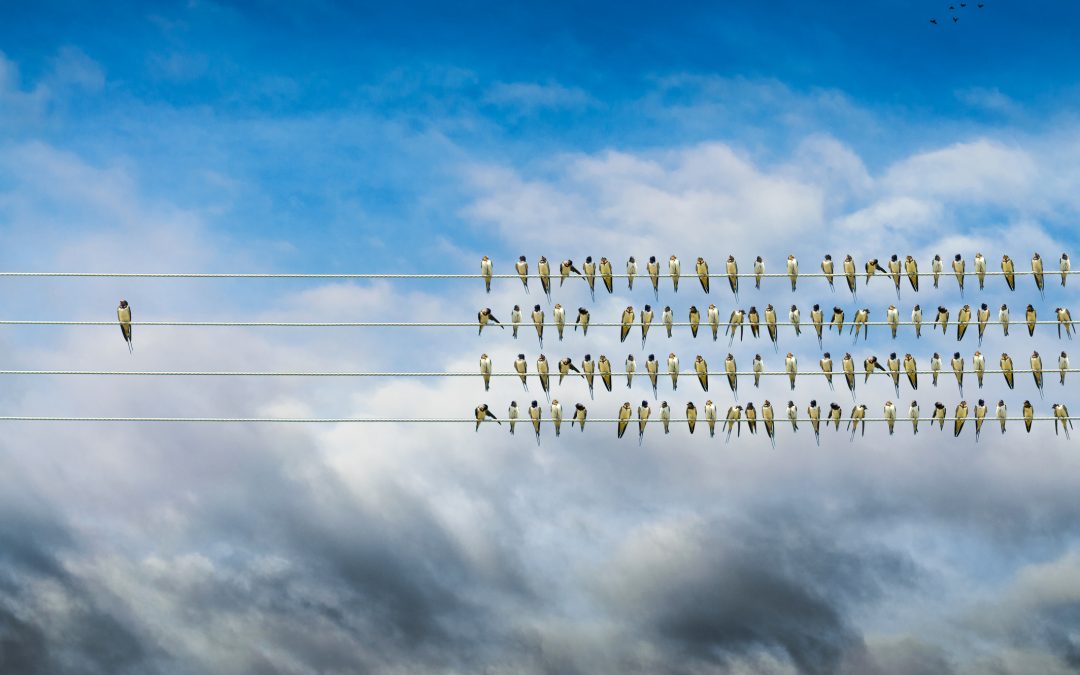One popular film a few years ago, opens with Bridget Jones alone in her apartment, singing along with the radio, her tears and frustration building to a crescendo as she bellows out “All by myself,. . . . I don’t wanna be all by myself anymore!” She mimed the percussionist with wild arm-waving, and dramatic beating of the air with her “drum sticks.” My companions and I laughed with the rest of the audience. But some of us also cried right along with Bridget—her loneliness all too familiar to us. (Note: for a rendition sans comedic drama, I prefer Celine Dionne’s performance.)
The most popular music has always been that which expresses the hearts’ cry of those who yearn for love, or have just lost the same. Some of us who are Classic Country fans will recognize the title of this song released by RCA and made popular by Jim Reeves in 1966:
“I’m just on the Blue Side of Lonesome,
right next to the Heartbreak Hotel,
in a tavern that’s known as Three Teardrops,
on a barstool, not doin’ so well.”
Did you laugh? Me too—always do!
But hokey as the words may seem, the fact is that we can easily exchange the image of the Three Teardrops tavern and a bar stool for:
- Butter Pecan ice cream at midnight—to fill the empty places,
- The fourth movie this week—to escape the daily grind of reality,
- Happy Hour every day after work—to forget your unhappiness,
- Buying lots of new stuff—to forget the disillusionment of the old stuff,
- Chain-reading romance novels—to live someone else’s life rather than our own,
- Or yet another favorite comfort or medication—to escape life’s pain,
We also become aware of ourselves in the song. Whatever the coping mechanism, we find the core issue is the same. Our hearts ache with a yet unsatisfied yearning for love. The pain of that fact keeps us looking for love in any handy place we can find.
We know that love is the answer to all that ails us. As Jamie O’Neal goes on to sing in “All By Myself:”
“Hard to be sure,
sometimes I feel so insecure,
and love, so distant and obscure,
remains the cure.”
Love remains the cure for what ails us. And loneliness is often what ails us.
In a Harvard Mental Health Letter some years back, I remember a one-paragraph report I read. It was on a study done on counseling clients whose presenting problem was loneliness. Up until that time, loneliness was treated as a side issue, and counselors and therapists preferred to zero in on the underlying problems. What they found, however, was that loneliness could be such a crippling problem that the pain of it prevented the client from making any progress at all until the loneliness was addressed and resolved.
This little report on a psychological study verified for me what I already knew personally. I observe this in the lives of people who come to WGA for help with their relational and sexual difficulties. When people are chronically lonely (defined by the dictionary as “sad or dejected as a result of a lack of companionship or separation from others”), they experience such feelings of desolation that they are literally incapable of concentrating on any other issues, no matter how pressing they might be.
Chronic loneliness is a hunger that refuses to be satiated.
That reminds me of the antidote: Ephesians 3: . . . “and you, being rooted and grounded in love, will be able, together with all the saints, to understand the height, depth, breadth, and width of God’s love.”
People whose loneliness leaves them “joyless and disconsolate” (Webster, again) have never been rooted and grounded in love. They sometimes literally cannot even understand God’s love until they have been gathered into relationship, soaked in grace, paid attention to and enjoyed as a mother or father enjoys their children.
Just as a baby cannot enjoy the benefits of solitude because of its constant and pressing need to be nurtured and fed by its parents, so a psychological orphan has a constant and pressing need to be cared for by spiritual parents and siblings. They need a surrogate family within which they can heal and grow up. That’s how God often uses churches and recovery groups. He re-parented me through men and women in my church – except for some pockets of brokenness that they didn’t relate to or understand. The Lord healed those points of isolation through support groups or issue-related groups of people who understood what I was going through.
In Conclusion
I think I have sufficiently affirmed loneliness as a universal problem, and a need that ought not be ignored. In future articles, I will further dissect loneliness a bit. And cast some vision for how the different kinds of loneliness need different treatment. In the meantime, Let’s pray for the psychological orphans among us:
Lord, you are a good Father, never leaving or forsaking us; restore us all to your original intent—your love that nurtures, heals, makes whole the broken hearts among us. Make those of us who call you Lord your agents of love and grace in the lives of people who have not yet come to know the fullness of your love, those who remain “orphaned” from the connection you intend for them to have. Heal us all, Lord.

Mary Heathman
Founding Director
Mary is one of the founders of Where Grace Abounds and served as Executive Director from its inception on July, 1986 through March 31st, 2007. She speaks and teaches at churches and conferences across the country. Mary has also served on several boards of non-profit organizations, is a conference speaker on a variety of topics that include: Intimacy with God, Healthy Sexuality, and leadership development. She currently serves in leadership in her denomination. Mary’s favorite ministry roles are discipleship counseling, group facilitation, and leadership development.
Mary often characterizes herself as “a seeker of Truth” and has a long-standing fascination with human behavior and motiviation. Her education consists of lay and discipleship counseling, indepentent study about the integration of psychology and theology, counseling and human sexuality. She also holds a BS in Human Services and an MA in Psychology from Regis University.
Mary attends a Friends (Quaker) Church.
Make a Difference in Someone's Life
If you enjoy reading WGA’s blogs and would like to show your support, please consider making a donation. Where Grace Abounds is a 501(c)3 non-profit organization. The majority of services, including support groups and discipleship counseling, are provided free of charge. Your financial gifts help to cover the costs associated with offering a free program to those who seek WGA’s services.

